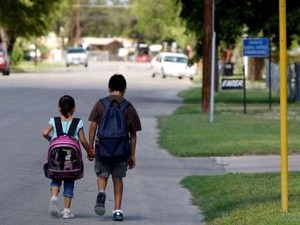New “Marquette Lawyer” Magazine Offers Insights from Paul Clement
Paul Clement has argued some 70 cases before the U.S. Supreme Court. He was solicitor general of the United States and now, in private practice, continues to present arguments in some of the most important cases of our time.
In the cover story in the new “Marquette Lawyer” magazine, Clement discusses some of the cases he’s been involved in, particularly the momentous Affordable Care Act decision of 2012 and several national security cases. He talks about what it is like to make an argument before the Court and especially what’s needed to prepare for an argument.
Clement’s thoughts were offered during his visit to Marquette Law School on March 4, 2013, when he delivered the annual E. Harold Hallows Lecture and held a special “On the Issues with Mike Gousha” event for law students. (Video of the lecture is available here and of the “On the Issues” here.)
Also in the new issue, an article describes the complex legacy of a class action lawsuit challenging how Milwaukee Public Schools deals with students with special education needs. Even as plaintiffs lost the case in court, they succeeded in influencing changes that they favored.
Professor Phoebe Williams is featured in a profile story in the magazine, and the success of the Law School’s faculty blog is marked with a compilation of pieces written by Professor Daniel D. Blinka; Mike Gousha, distinguished fellow in law and public policy; and State Public Defender Kelli S. Thompson, L’96 .

